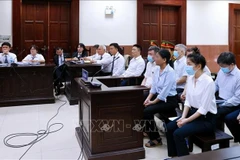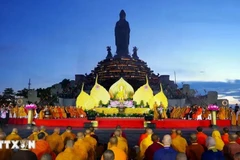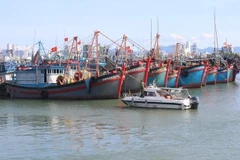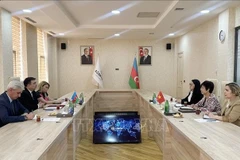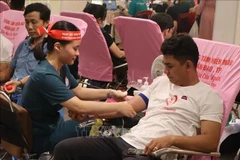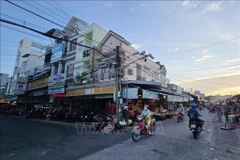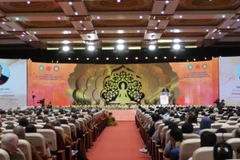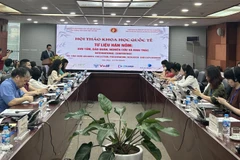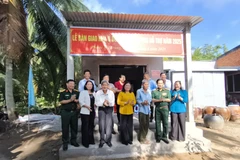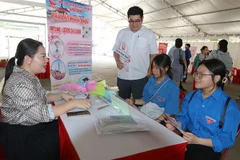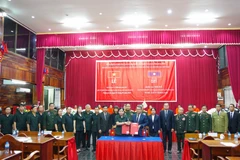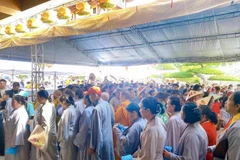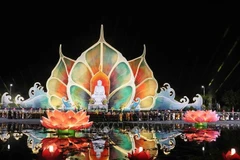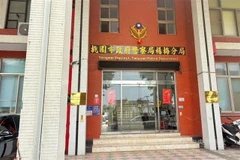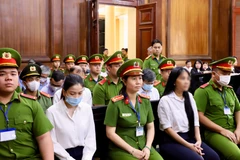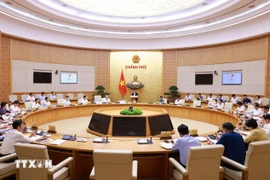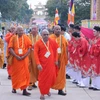The church was built on aland area of nearly 2,000 sq.m in Dak Sak commune at a cost of 3 billionVND (141,000 USD), both donated by local Protestant followers, saidPastor Y Djren, head of the Dak Nong Protestant Representative Board at ablessing ceremony for the church on December 24.
Theevangelical church of Dak Sak has become a chapter of the EvangelicalChurch of Vietnam since February 2, 2009 with 530 followers at present,mostly M’Nong people.
Dak Nong is home to nearly 50,000 Protestant followers with more than 48,800 from ethnic minority groups.
Over the past years, local Party Committees and authorities havecreated every favourable condition for the Protestants to practise theirfaith, invested in infrastructure and socio-economic development, andimproved people’s material and spiritual life.
Such effortshave helped raise the Protestant followers’ confidence in the Party andState’s guidelines and policies on religions and encourage them toactively contribute to the locality’s socio-economic development as wellas poverty reduction at remote, far-flung and ethnic areas.-VNA

